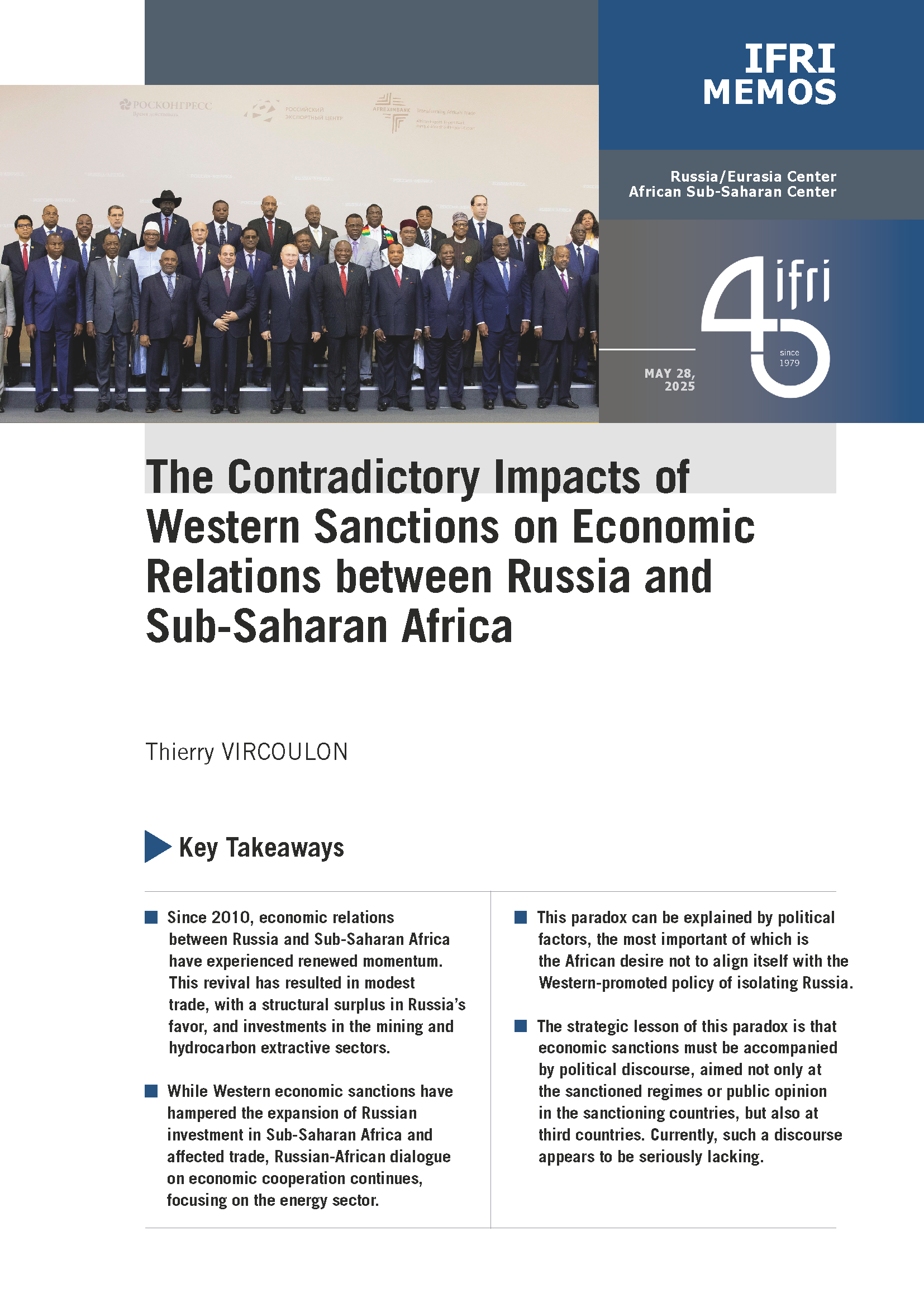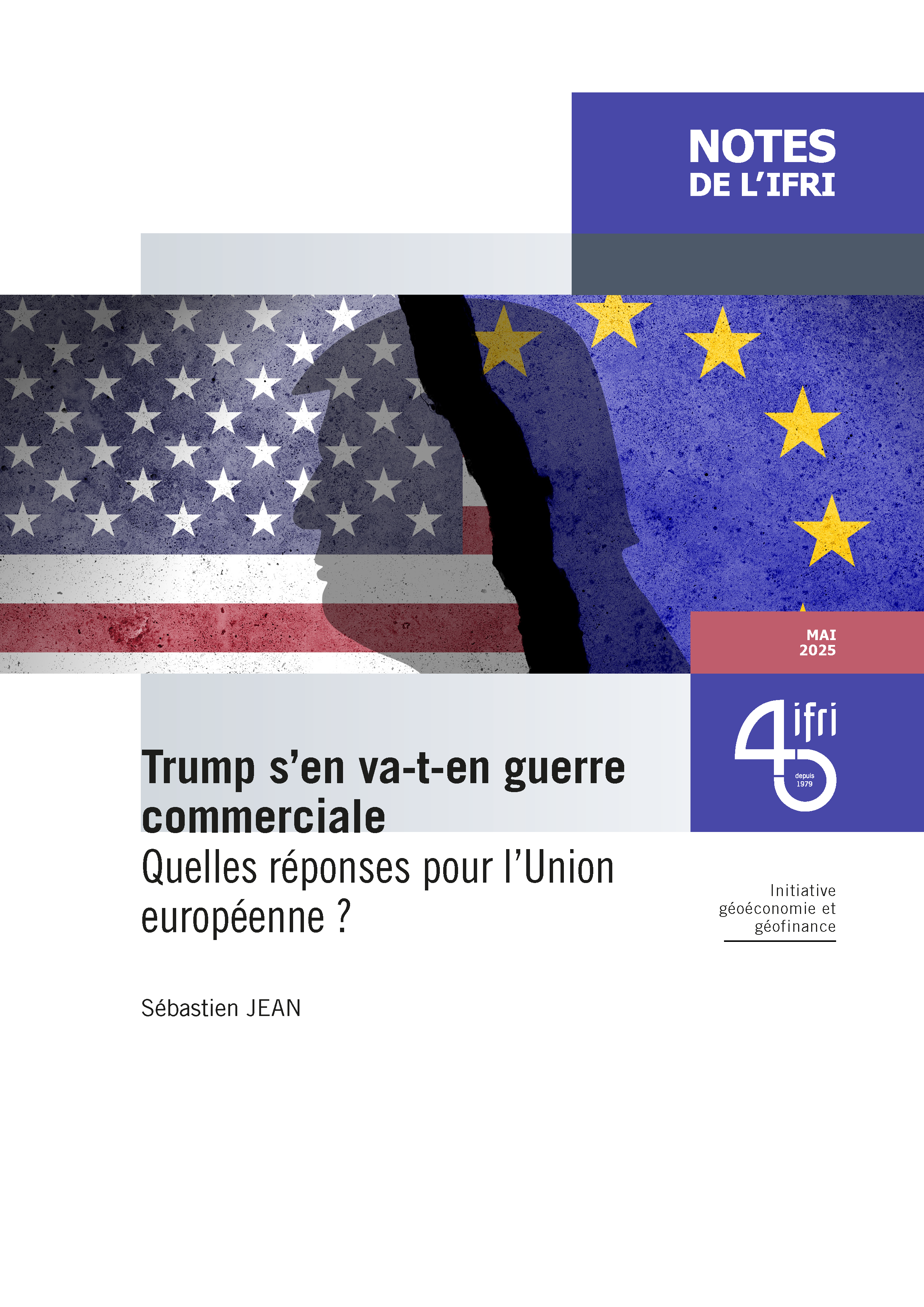3278 publications
From 2020 to 2030, from Copenhagen to Paris: a mindset change for the European Climate Policy?
The European Councils of March 2007 and October 2014 have defined the major guidelines of the European climate policy for the 2010-2020 and 2020-2030 decades. These commitments have then been used as negotiation roadmaps for two major conferences on climate held under the United-Nations umbrella, in Copenhagen in 2009 and in Paris in December 2015. In both cases, the aim was, and still is, to reach a global agreement to take over the Kyoto Protocol. The first one was a failure for the European diplomacy and all hopes are now placed in the second, which may well be the last chance for the international climate talks.
Key messages for Europe from the World Energy Outlook 2014
Hot Energy Topic n° 5, Insight_E publication
Lead Author: Paul Deane (UCC)
Authoring Team: Ulrich Fahl (University of Stuttgart), Carole Mathieu (Ifri)
Reviewers: Kimon Keramidas (Enerdata)
After the end of the end of History
This paper intends to take a step back from current developments in Ukraine in order to analyze the lessons Europeans ought to draw from the crisis that caught many by surprise. Whether the Ukrainian crisis really turns out to be a »game changer« in a structural sense remains to be seen, but it has made clear that Europeans should rethink a number of fundamental assumptions underlying European foreign policy.
Internet Governance after Snowden
The Snowden affair could bring about major changes in the structure of the Internet and its governance. Technologies should now a priori integrate standards which give citizens the capacity to keep a check on what data is available.
The Internet and the Flaws of Multistakeholderism
The Internet Governance debate opposes multilateral thinking, favoring the role of State and interstate bodies, with a multistakeholder model, which aims to unite all concerned actors: states, business, experts, academics and internet groups, among others.
Emerging Powers and Internet: Finding a Third Way?
Washington plays a leading role in Internet Governance, which is hardly surprising given the origins of the Internet and America’s technological ascendancy. However, the majority of Internet users are in non-Western countries.
Internet Neutrality: Getting Beyond Scandals
While internet traffic is exploding and there is new costly infrastructure to be implemented, the “net neutrality” debate is raging.





